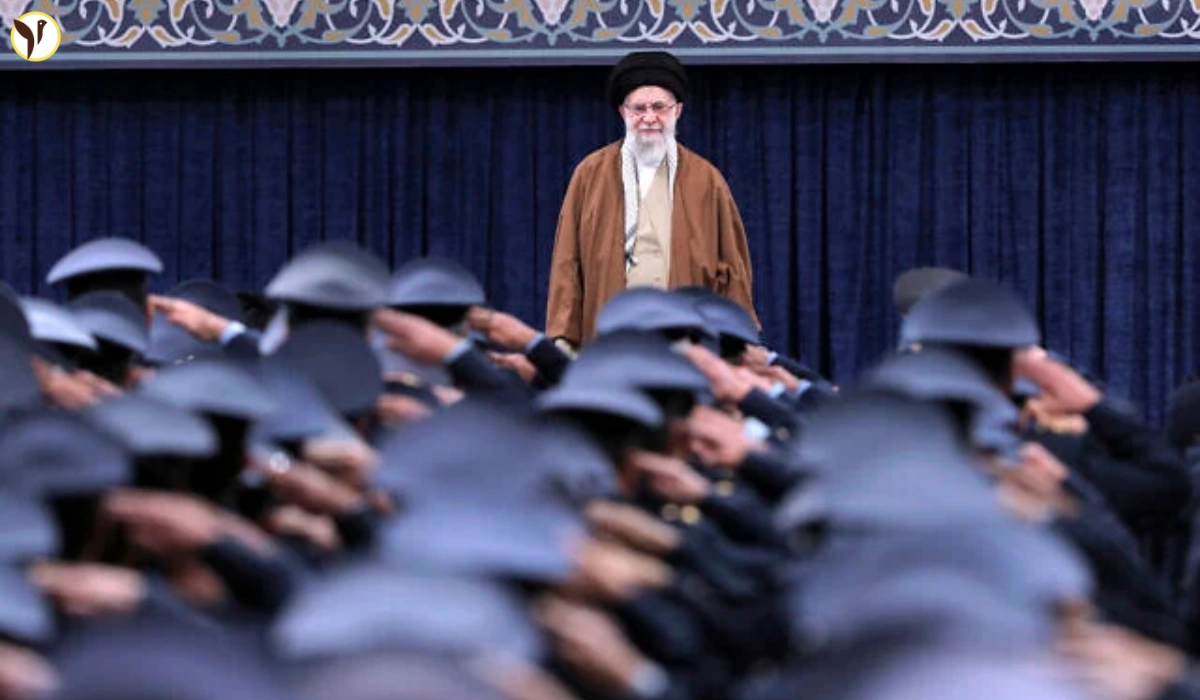Iran’s Supreme Leader, Ayatollah Ali Khamenei, is facing increasing pressure as conflict between Iran and Israel intensifies. Tensions have grown rapidly after Israeli officials suggested that Khamenei could be considered a potential target in the ongoing military operations.
This follows recent deadly strikes and missile exchanges between the two countries.
In a recent speech, Khamenei accused Israel of starting a war and warned of serious consequences. He described Israel’s military attacks as aggressive and unjustified. His comments came as Iran deals with the fallout of losing several senior military commanders in Israeli airstrikes.
In response to these losses, Khamenei appointed Brigadier General Majid Mousavi as the new head of Iran’s Islamic Revolutionary Guard Corps (IRGC) Aerospace Force. This branch is key to Iran’s missile and drone programs and plays a central role in the country’s defense strategy.
The leadership change is seen as a move to maintain stability in Iran’s military at a time of serious external threats. Analysts believe it also reflects Khamenei’s intent to show control and readiness despite ongoing military and political pressure.
Iran’s top officials have continued to deliver strong public messages. Though Khamenei has made fewer public appearances, reports suggest he may be speaking from secured or undisclosed locations, a sign of increased caution as threats intensify.
BREAKING: Iran’s Supreme Leader Ali Khamenei warns Israel after recent strikes, saying,
— Fazilat Sbr (@sddqsbr) June 13, 2025
“They started the war — and we will make life bitter for them. Don’t think it’s over just because you struck.”
Tensions are at a dangerous new level.#Iran #Israel #Khamenei #BreakingNews pic.twitter.com/59Oq1729W2
U.S. Officials Claim Trump Rejected Israeli Plan to Kill Khamenei
Adding a new twist to the current crisis, U.S. officials recently told reporters that former President Donald Trump blocked a proposal from Israel to assassinate Khamenei during his presidency.
According to two individuals familiar with the matter, Israeli authorities suggested taking direct action against Iran’s Supreme Leader, but Trump refused.
Sources say Trump believed there was no clear justification for such a strike, as Iran had not carried out a direct attack on American forces at that time.
He reportedly thought that approving the assassination could spark a major war, and the risks outweighed the potential benefits.
This revelation highlights the high level of tension that existed even during previous years and shows how serious the threat to Khamenei has become. It also illustrates how carefully decisions involving Iran’s leadership are considered — even by allies such as the United States.
Today, with Israel taking a more aggressive tone and Iran issuing strong warnings, the situation remains fragile.
While Khamenei continues to respond with firm statements, many observers believe the conflict could worsen if either side makes a misstep.
The international community is watching closely. Any direct move against a top Iranian leader like Khamenei could quickly lead to wider conflict in the Middle East. As both countries continue to prepare for possible escalation, diplomacy appears to be in short supply.









